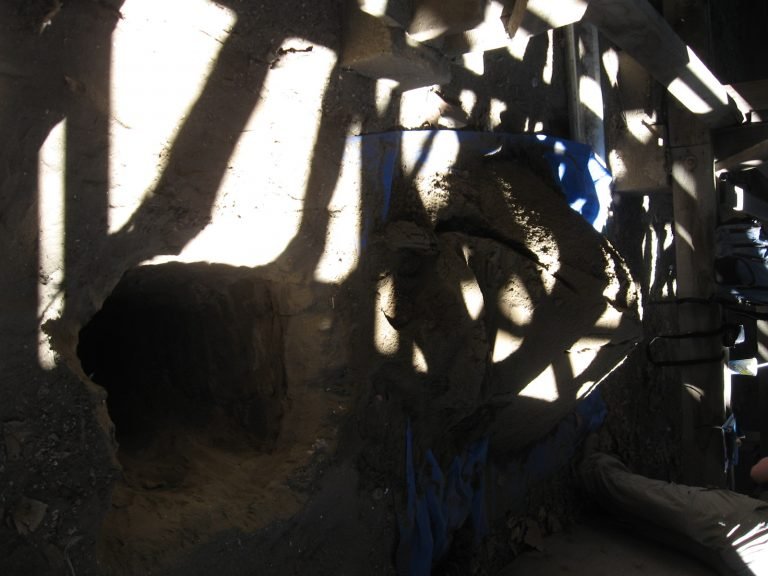Testing / Excavation / Recovery
Plateau is often asked to provide services for archaeological testing, excavations, and remains recovery. We have extensive experience applying for the necessary permits to conduct this type of work. Our 25 years of experience in eastern Washington, northern Idaho, and eastern Oregon have allowed us to cultivate good working relationships with state and federal agencies and local Tribes. These relationships allow us to move through permitting and consultation processes smoothly, and help our clients complete their projects on time and on budget.

The Process
In order to conduct testing, excavation, or recovery, the client and Plateau must apply for the necessary permits. This might be an Excavation and Alteration permit, an ARPA permit, a Tribal permit, or any other necessary paperwork. In Washington, an Excavation and Alteration permit is required for all ground-disturbing work within a known archaeological site. In order to apply for this permit, Plateau will fill out the permit application with project information and a plan for testing, excavation, or recovery, and a plan for the curation of archaeological materials. The permit is submitted to the Department of Archaeology and Historic Preservation, and then disseminated to Tribes and other interested parties for comment and review. This review process can take up to 60 days and any suggested edits or changes will be made to the permit prior to permit approval. Once the permit is in hand, Plateau can begin the testing, excavation, or recovery work.
1.
APPLY FOR THE NECESSARY PERMITS
2.
SUBMIT PERMIT
3.
DISSEMINATE TO TRIBES AND OTHER INTERESTED PARTIES FOR REVIEW
4.
BEGIN TESTING, EXCAVATION, OR RECOVERY WORK
Who Needs This?
Anyone whose project has an identified site within it or in near proximity may need to conduct testing or mitigation if there will be impacts to the site.
FAQ
The Excavation and Alteration Permit takes up to 60 days to be approved. Aside from the cost to prepare the permit and undertake consultation by Plateau, there are no costs associated with submitting the permit application to the DAHP or other state agencies. Some federal agencies have permit fees associated with the application process. There may be costs associated with the curation of the material for which the client is responsible.
An ARPA permit is required to conduct archaeological investigations within United States Forest Service property, on United States Bureau of Reclamation property, or other federally managed or owned property. The approval time on a permit can vary from a few days to 60 days depending on the amount of ground-disturbance proposed. Some ARPA permits do have a fee, this can vary from $100.00 to $1,000.00 depending on the agency.
No, the client or property owner is responsible for all the costs associated with testing, excavation, or recovery work. There are a few grants available that can be used to help offset the costs. The Human Remains Assistance Account is a source of funds to help private property owners in Washington State offset the costs of recovering human remains inadvertently discovered on their property. This is just one example of an available funding source.
The artifacts that are recovered during testing and excavation work are curated with an approved curation center that is identified on the permit. These artifacts can later be analyzed by researchers who might be interested in the site. If artifacts are recovered during a human remains recovery project, all artifacts are repatriated with the human remains to the determined tribe. These artifacts will not undergo any analysis as they are sacred objects.
Knowingly excavating within a known archaeological site without a permit and prior testing is a federal offense. In Washington State, under RCW 27.53.045, it is unlawful for any person, firm, corporation, or any agency or institution to “knowingly remove, alter, dig into, or excavate by use of any mechanical, hydraulic, or other means, or to damage, deface, or destroy any historic or prehistoric archaeological resource or site.” If the state finds that a property owner is in violation of this, a penalty may be incurred, and a damage assessment will be required at the property owner’s cost.


